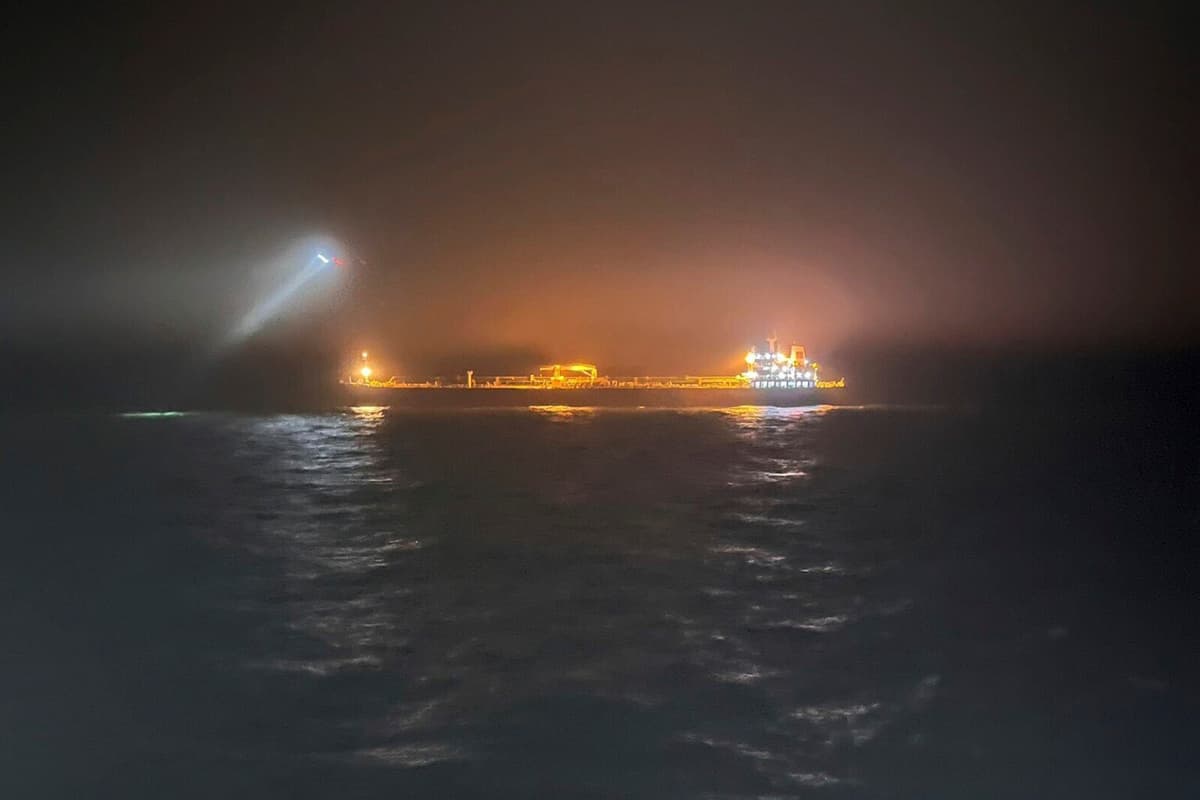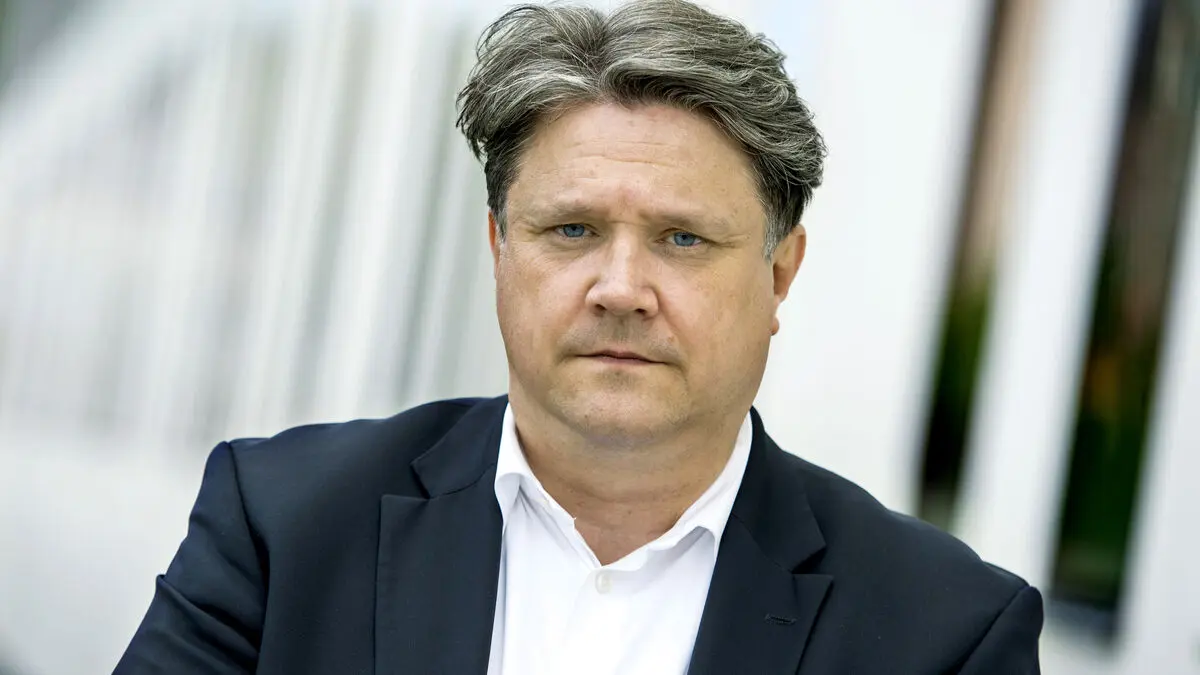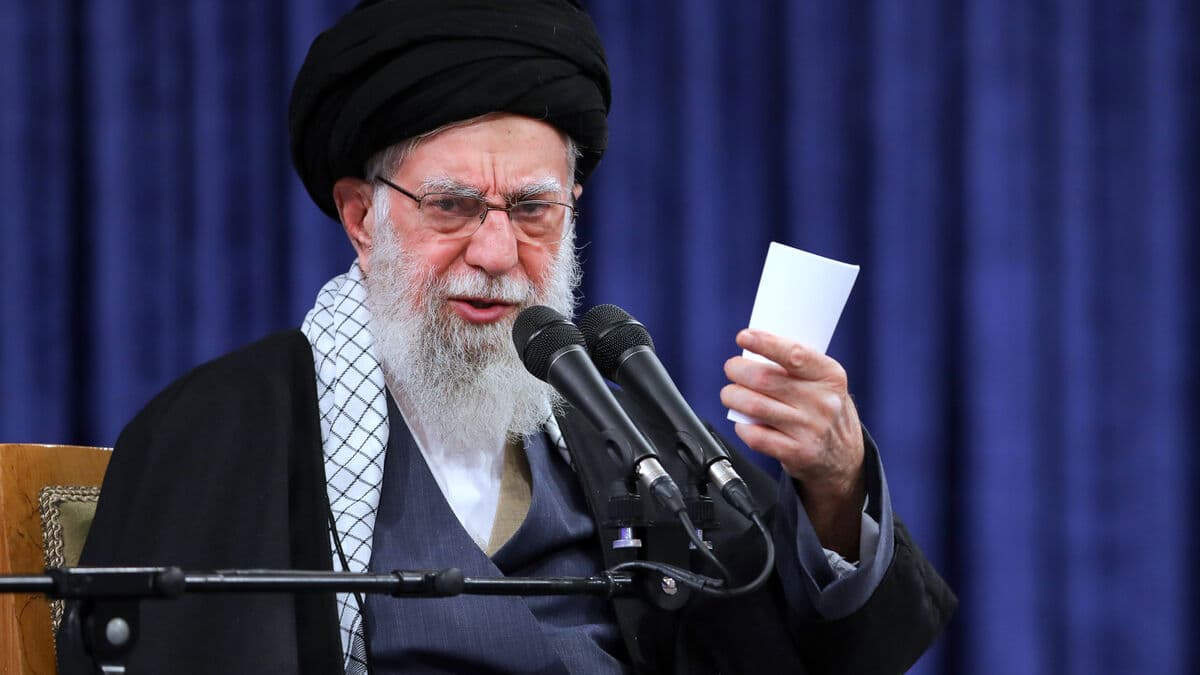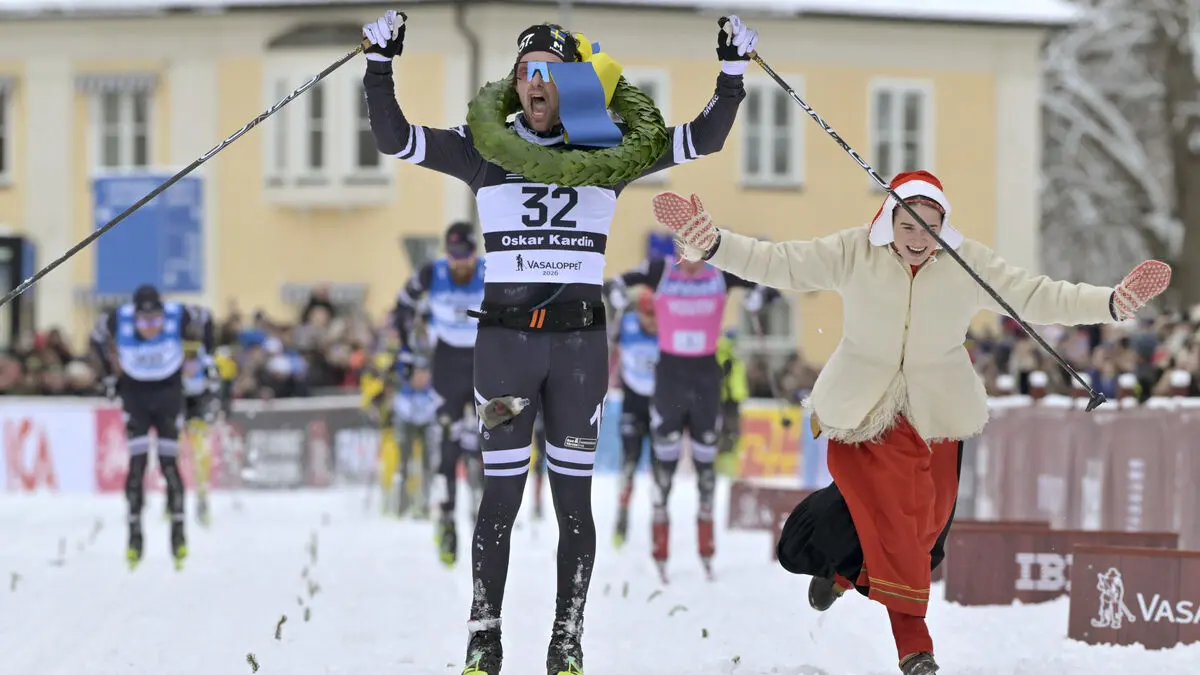The Nato operation is a so-called "Enhanced vigilance activity" and is expected to last for several months, according to Swedish and Finnish media.
Since 2014 and Russia's invasion of Crimea, Nato has had what is called "enhanced forward presence", says Christiansson, explaining it as "tripwire forces" – Western forces that are also present in the Baltic states, Poland, and Romania.
When events like the cable breaks in the Baltic Sea occur, Nato can quickly make a powerful mark. According to Christiansson, it can, for example, involve exercise activities, patrolling, or "air policing", which means patrolling in the air space.
"Typical example"
This is a typical example. And the summit can then add more things here to mark, says Christiansson, adding that it can, for example, involve measures becoming long-term or permanent.
You don't have to say exactly what you're doing, but you can mark that you're taking measures that are one step closer to a confrontation with Russia.
Not Article 4
Peter Hultqvist, the Social Democrats' defence policy spokesperson, has expressed that the Swedish government should take the initiative to activate Article 4 of the Nato treaty.
The summit in Finland should not be seen as invoking Article 4, according to Christiansson.
I don't think that's the most important thing here. The most important thing, really, if it becomes an Article 4, a security consultation, is if there would be different strong opinions within the alliance.
In this case, it's several countries that also see a problem with Russia's hybrid war in the Baltic Sea.
Despite Nato's activity in the Baltic Sea, Christiansson believes that Russia's and China's influence will continue.
This is a global security policy game. I definitely believe it will continue. I also believe that much suggests it will intensify in 2025.






